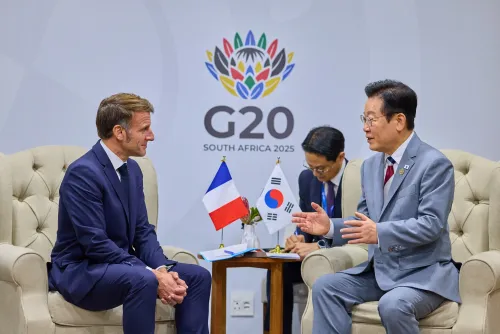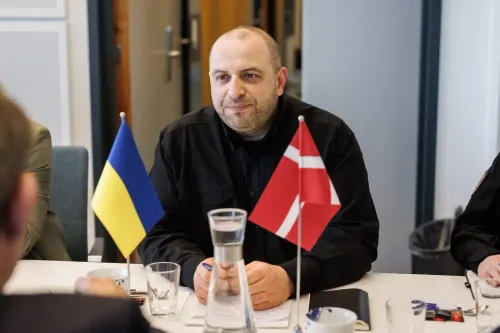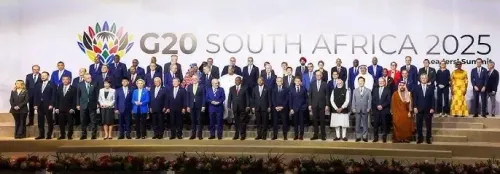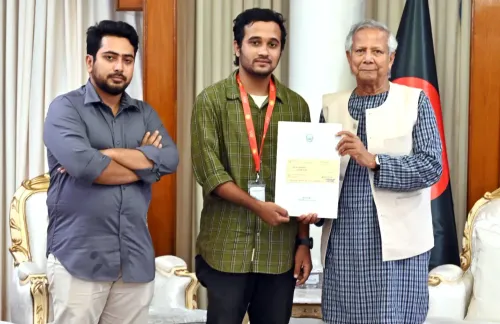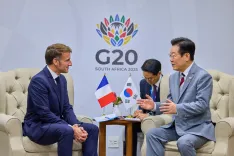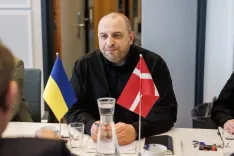How is Egypt Boosting Efforts to Revive Iranian Nuclear Talks?
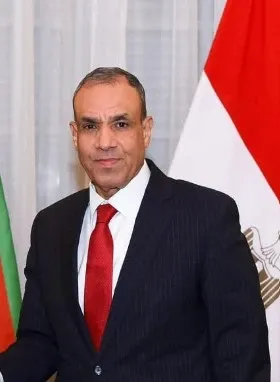
Synopsis
Key Takeaways
- Egypt is enhancing its diplomatic efforts to facilitate negotiations between Iran and the IAEA.
- Importance of diplomatic channels in fostering mutual trust and regional stability.
- IAEA is actively involved in promoting the peaceful use of nuclear energy.
- Iran’s decision to halt cooperation raises concerns about regional security.
- Consultations between Iran and the IAEA are set to continue.
Cairo, Aug 14 (NationPress) Egypt's Foreign Minister Badr Abdelatty has conducted individual phone conversations with Iranian Foreign Minister Seyed Abbas Araghchi and International Atomic Energy Agency (IAEA) chief Rafael Grossi, as stated by the Egyptian Foreign Ministry.
Egypt is amplifying its initiatives to enhance collaboration between Iran and the IAEA, aiming to rekindle discussions concerning Tehran's nuclear program, the ministry announced on Wednesday.
During his discussions with Araghchi, Abdelatty underscored the necessity of utilizing diplomatic avenues to revive connections with the UN’s nuclear oversight body, asserting that this could nurture mutual trust and lay the groundwork for regional peace and stability, as reported by Xinhua news agency.
In his dialogue with Grossi, Abdelatty reviewed updates regarding the Iranian nuclear discussions and explored methods to restore trust between Tehran and the agency.
Grossi informed him about a recent trip to Iran by IAEA deputy chief Massimo Aparo and ongoing efforts to strengthen cooperation on the peaceful application of nuclear energy in the region, which supports the agency's objective in ensuring regional and global security.
On Monday, Aparo engaged with officials from Iran's Foreign Ministry and nuclear authorities to deliberate on the potential for continued collaboration under the present situation.
The discussions focused on a 'future framework for cooperation' following Tehran's choice to cease its collaboration, as stated by Deputy Foreign Minister Kazem Gharibabadi in comments to the official IRNA news agency.
He mentioned that both parties consented to persist with consultations.
According to Gharibabadi, the Iranian team also criticized the IAEA for its inadequate response to alleged 'aggression' and advocated for amendments to the agency's 'deficient processes' concerning its nuclear program.
Iran halted its collaboration with the IAEA in June, claiming that Israel and the United States had attacked its nuclear sites and assassinated its scientists. Tehran has declared that it will not renew cooperation unless the protection of its locations and personnel is assured.

